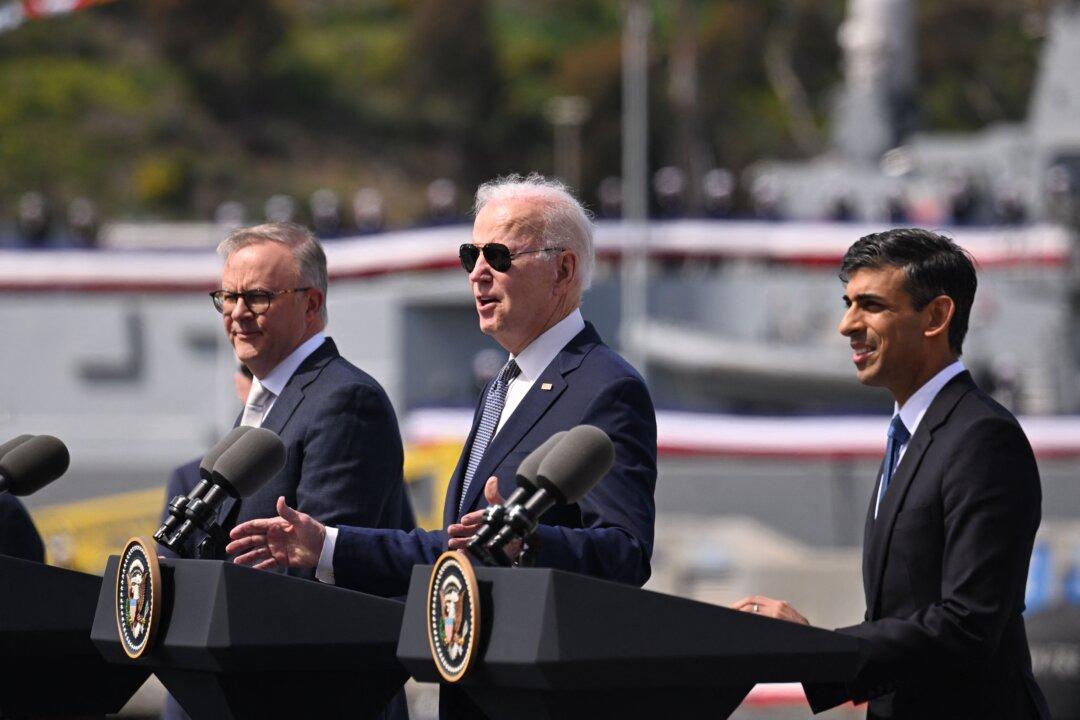News Analysis
Chinese authorities ended an unofficial ban on Australian coal import earlier this year, but Australia’s recent efforts to strengthen its defense force angered China’s communist leaders.

Chinese authorities ended an unofficial ban on Australian coal import earlier this year, but Australia’s recent efforts to strengthen its defense force angered China’s communist leaders.